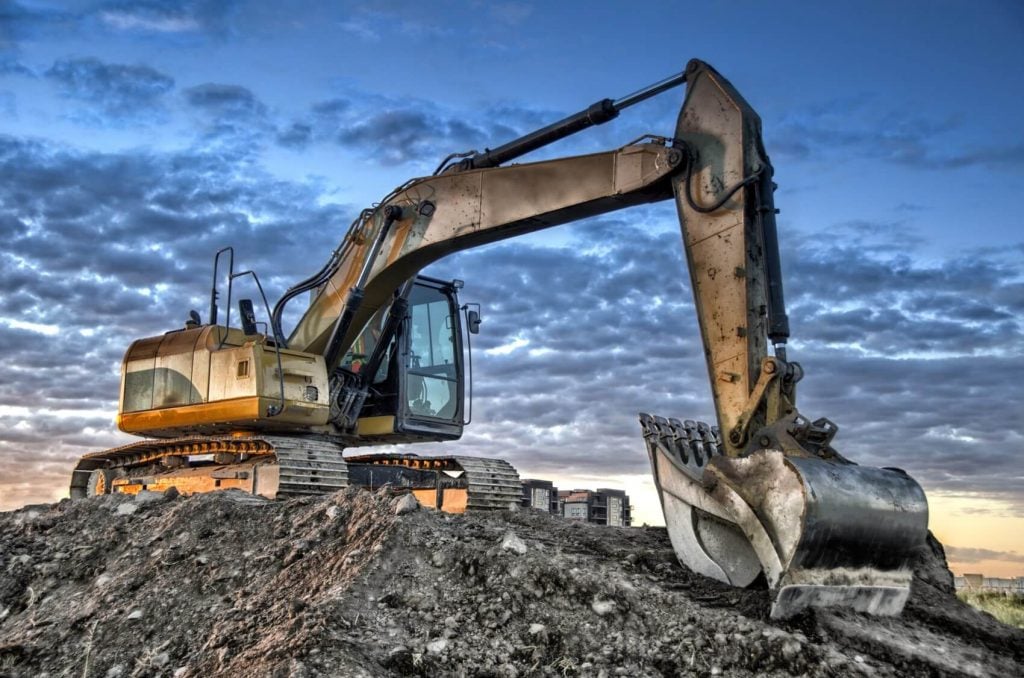Used equipment cost a lot less than if you were to invest in a new one. However, it would help if you were careful to ensure the equipment is in the best shape possible and that it won’t cost a lot in case repairs are required. Some of the factors you should consider before making the purchase include its working condition, longevity, and built, among others. You might also want to research more about the equipment and compare prices with various sellers before settling for one. Outlined below are a few tips and key factors to consider when shopping for secondhand industrial parts.

1. The Seller’s Reputation
While used equipment may be cheaper/more affordable, the process of finding and acquiring one can be daunting at times. You need to know what the seller/company’s real motive of selling the equipment is, and its reputation. You are thus better off sourcing the equipment from a reputable seller than a random company. Buying from a registered company means you can dig deeper into its reputation and read through reviews and testimonials from other customers/clients. Testimonials and customer reviews on the company’s products will give you an idea of what to expect before and even after transacting with them. How responsive the seller is to inquiries will show how serious they are.
2. How Long The Equipment Has Been In Use
Almost every machine/equipment has a pre-determined lifespan, after which its efficiency will start to drop. The constant wear and tear as the equipment is used ultimately affects its reliability, one of the reasons you should check to see for how long the equipment has been in use. However, regular servicing and maintenance can help prolong the equipment’s lifespan and even maintain its performance. Many companies will nonetheless want to sell their equipment (as secondhand) to unsuspecting buyers when it nears the end of its life. When/if this happens, you, the second owner, will be forced to incur heavily on repairs and maintenance, something you would have avoided had you done your due diligence before acquiring it.
Never make a rushed decision when shopping for or buying used equipment. Take time to find out when the equipment was manufactured, purchase date, history of breakdown and repair, and how long it has been used. You can then use this information to determine if it’s worth your money or not.
3. Ask For Maintenance Records
Proper and regular maintenance holds the key to an equipment’s durability and efficiency. You might thus want to have a look at the equipment’s records of maintenance before making an offer. How often the equipment is serviced and who does the servicing will determine its current shape and condition. As long as the seller can produce these records, you will be better positioned to make a more informed decision on the purchase. You will also have an idea of what needs to be done should you encounter an issue the original owner had.
4. Is It Possible To See The Equipment In Person
Although some sellers will provide truthful information about their equipment, it wouldn’t be advisable to trust everything you see and read online. Some equipment will look good in paper/picture until you get to see them in person. That said, it would be advisable to make time to visit the seller and see the equipment. You can choose to ask a machinery expert to tag along for expert advice on the same. This might, however, not be necessary if dealing with a company reputable for selling used equipment but in excellent condition. Exapro and Kitmondo are examples of online platforms you can use to buy used industrial equipment.
5. Test The Equipment Before Purchasing
Simply seeing the machine isn’t enough to make a conclusive decision. You need to have the equipment tested by an expert to determine its condition. Some sellers will abandon equipment they no longer use/need until a prospective buyer comes along. Leaving the equipment unattended for too long can have a significant impact on its ability to run. That said, ask to test the equipment or see it in operation before proceeding with the purchase.
6. Look Out For Wear And Tear
Any industrial machine/equipment will start depreciating from the moment it leaves the manufacturers compound. Some companies will, however, invest in such equipment and rarely use them. This means you can get a piece of used industrial equipment in tip-top condition, almost the same as a new one. There are also times when signs of wear and tear will be visible from afar. Be sure to watch out for these signs, and especially damage that might affect its performance in the long run. Some of the common signs of wear and tear to look out for include:
– Strange noises when the equipment is running
– Fluids, and especially engine oil, can tell the condition of the insides of the engine
– The black exhaust might indicate air filters in a deplorable condition or bad fuel injectors
– White smoke can be an indicator of a bad head gasket.
– Blue smoke is a sign of a worn-out seal.

7. Clear Transfer Of Ownership Title
Some used equipment might have changed several hands, which could make the transfer of ownership title a bit complicated. Unless the equipment is still in good condition, you might want to look elsewhere. Be sure to inquire or check to see if the previous transfer of ownership was completed before initiating yours. Doing so could save you lots of time and especially if transfer to the current owner is still pending.
8. Transfer Of Software Program License
A good number of industrial equipment come with software designed for the specific owner. Talk to the current owner to see if the software program license can be transferred to you. Some rights might be transferable, while others aren’t. Check to see how much a new software license costs if a transfer isn’t possible/allowed.
Discover More

